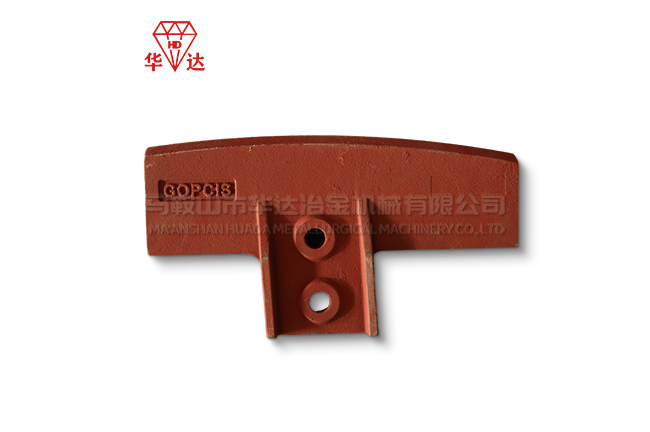Wear-Resistant Scraper Blades Extend Equipment Life and Optimize Industrial Processing Efficiency
In modern industrial operations such as concrete production, asphalt mixing, food processing, and bulk material handling, the performance of scraper blades directly impacts product quality, equipment longevity, and operational efficiency. Among the various solutions available, wear-resistant scraper blades have gained significant attention for their ability to withstand harsh working conditions while maintaining consistent performance over extended periods.

Wear-resistant scraper blades are designed to remove residual materials from mixer walls, conveyor belts, or processing drums, ensuring that production lines operate cleanly and efficiently. Unlike standard blades that wear down quickly in abrasive environments, these specialized blades are manufactured from high-strength materials such as high-chromium alloy steel, polyurethane composites, and tungsten carbide-reinforced steel. This composition delivers exceptional hardness, abrasion resistance, and resistance to deformation, even under heavy loads and continuous operation.
In concrete batching plants, scraper blades are essential for preventing material build-up inside mixing drums. By maintaining a clean surface, they enhance mixing uniformity, reduce cycle times, and prevent contamination between batches. Similarly, in asphalt mixing plants, wear-resistant scrapers help maintain drum cleanliness, ensuring that aggregates and bitumen are thoroughly combined for consistent pavement quality.
Manufacturing advancements have led to scraper blades with precision-cast or CNC-machined profiles, allowing for perfect alignment and consistent contact with surfaces. This improves cleaning efficiency while minimizing unnecessary wear. Many modern designs also incorporate replaceable edge segments or bolt-on wear tips, allowing operators to replace only the worn section instead of the entire blade—reducing maintenance costs and downtime.
The operational benefits of wear-resistant scraper blades go beyond longevity. By maintaining optimal surface cleanliness, they prevent equipment imbalance, reduce energy consumption, and improve product consistency. In industries like food processing, they also help meet hygiene standards by eliminating residues that could cause contamination.
Corrosion resistance is another key feature for applications involving moisture, chemicals, or extreme temperatures. High-chromium and stainless-steel-based blades form a protective oxide layer that shields against rust and pitting, extending service life even in aggressive environments. In some cases, polymer-based wear-resistant scrapers are used where chemical resistance and non-stick properties are more critical than extreme abrasion resistance.
From an economic standpoint, the use of wear-resistant scraper blades significantly reduces the total cost of ownership for industrial equipment. While the initial investment might be slightly higher than conventional blades, the extended lifespan—often two to four times longer— combined with reduced maintenance requirements translates into substantial savings over time.
With the increasing emphasis on operational efficiency, sustainability, and reduced maintenance downtime, wear-resistant scraper blades are becoming a standard choice for equipment manufacturers and plant operators worldwide. By improving cleaning performance, extending wear life, and minimizing resource waste, they play a crucial role in optimizing industrial processes across multiple sectors.
